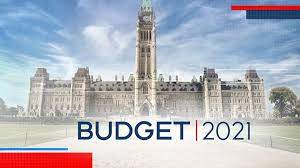
By Gaurav Kapoor, Founder, Mydoh
(Sponsor content)
Financial literacy isn’t an innate skill. Like most skills in life, financial literacy must be learned – the problem is who teaches it? Parents know they play a part, but they may lack the confidence, or the knowledge.
Helping your children develop good money habits as they enter their teen years is a great place to start their financial literacy journey. Teenagers are eagerly seeking out financial independence and may be earning money through an allowance or an after-school job.
As they look to spend their hard-earned money, it’s crucial to set them up for success. After all, money isn’t just about dollars and cents, it’s about the choices we make with it. Parents want to teach their children to be money-smart – to have skills to earn, budget and spend, but they also want to share the value, emotions and experiences that come with money.
This notion of early financial literacy is what motivated me to create Mydoh, the Smart Card for kids.
Check out my best tips below for raising money-smart kids with the help of Mydoh:
Leverage technology that helps your kids learn how to save, and spend, their money
Kids today are more tuned in to technology than ever before – so why not use tech to teach them financial literacy?
Mydoh is a Smart Card for kids that comes with a money management mobile app, available on iOS and coming soon to Android. Kids gain financial skills by earning money through tasks and an allowance (set up by their parents) and by making their own purchases (wherever Visa is accepted) using their Smart Card issued by RBC through the app, with a physical card coming soon. This gives kids the autonomy, competency, and confidence to make their own earning and spending decisions – learning values that help build a strong foundation for the future.
Through the app, kids can manage their own money in the real world, making decisions to spend and earn, while parents get visibility to their spending and can have better money conversations. Continue Reading…






